What is Peugeot’s origin story? What does its story say about how we treat imaginary entities? We’ll cover the origin of Peugeot and what it means to be a limited liability company.
Peugeot’s Origin: Why It Exists Only in Our Imaginations


What is Peugeot’s origin story? What does its story say about how we treat imaginary entities? We’ll cover the origin of Peugeot and what it means to be a limited liability company.
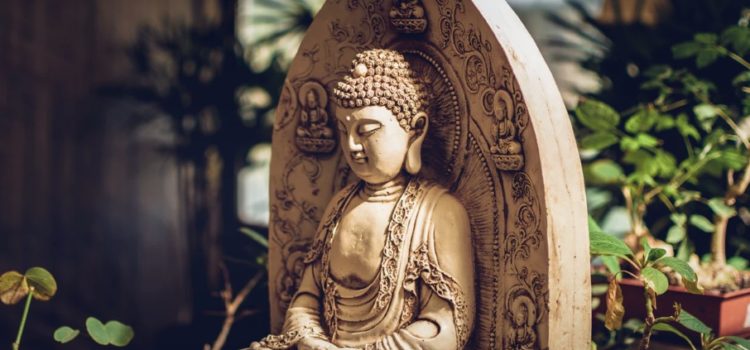
What are non-theistic religions? Is nontheism different than atheism? What is nontheism’s definition? Non-theistic religions are religions that do not require or espouse the belief in a God or gods. Non-theistic religions often don’t say God doesn’t exist, as atheism does; gods just aren’t part of their belief systems. We’ll cover some of the most common non-theistic religions, go deeper into the nontheism definition, and look at how they influence the world today.
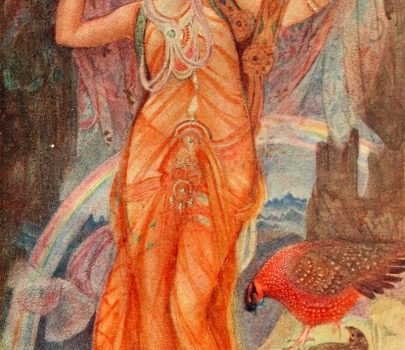
Who is the goddess Inanna? How does Inanna’s journey to the underworld follow the hero’s journey, as described in Joseph Campbell’s The Hero with a Thousand Faces? We’ll cover the Sumerian goddess Inanna’s journey to the underworld and how it conforms to the template of the hero’s journey.

The phrase “know your enemy” comes from Sun Tzu’s The Art of War. What did he mean when he said you should know your enemy? How did he suggest you do it? Sun Tzu says, “If you know the enemy and know yourself, you need not fear the result of a hundred battles.” We’ll cover how knowing your enemy gives you the advantage. We’ll also cover what to look for in order to accurately read your enemy.
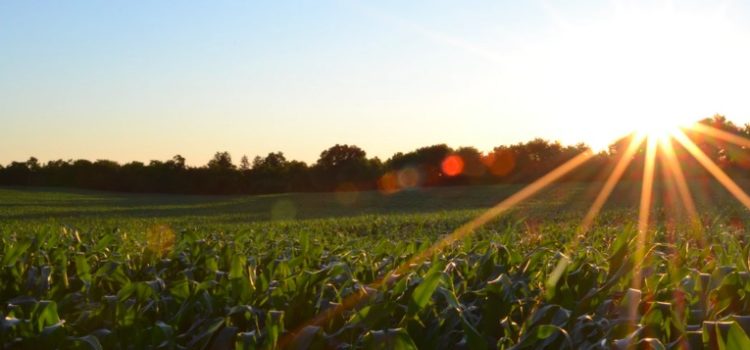
What was the Agricultural Revolution? How did it affect homo sapiens, and how did it affect the rest of the animal kingdom? The Agricultural Revolution was the moment in human history, between 9500 and 8500 BC, when Sapiens started shifting from forager lifestyles to a life revolving around agriculture. The revolution started independently in China, the Middle East, and Central America. We’ll cover the causes of the Agricultural Revolution and how it impacted both humans and animals.
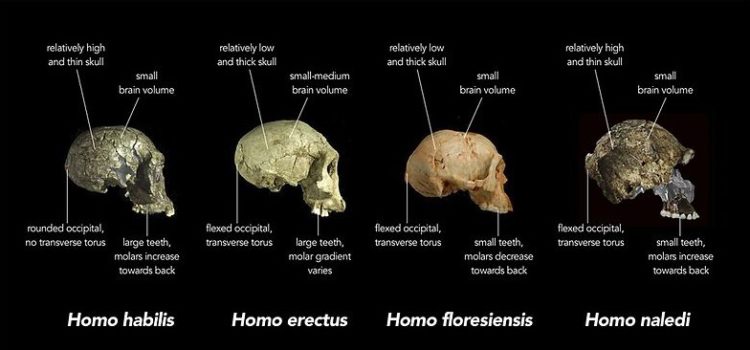
What were the different types of human species? How were these early human species similar, and how did they differ? The different types of human species were Homo soloensis, Homo floresiensis, Homo denisova, Homo rudolfensis, Homo neanderthalensis, Home erectus, Homo ergaster, and Homo sapiens. Of these eight human species, only one survived: Homo sapiens, us. We’ll cover the different human species and what they had in common.
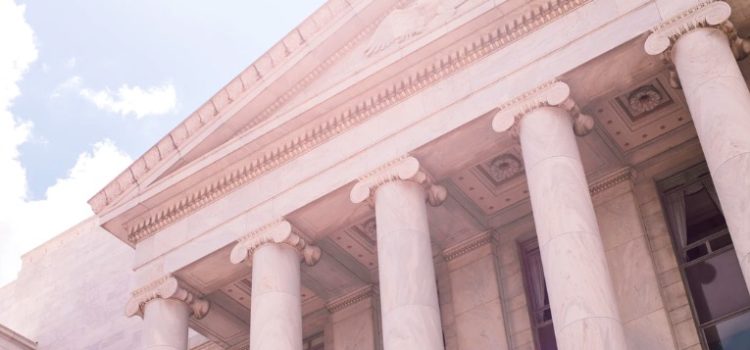
What is the origin of government? How does the government rely on “fictions” to do its job? The origin of government was in the era shortly after the Agricultural revolution. As groups of people got bigger, they needed an organizing structure to help them live peacefully. We’ll cover why the origin of government (and government today) depends on shared fictions, myths we all buy into.
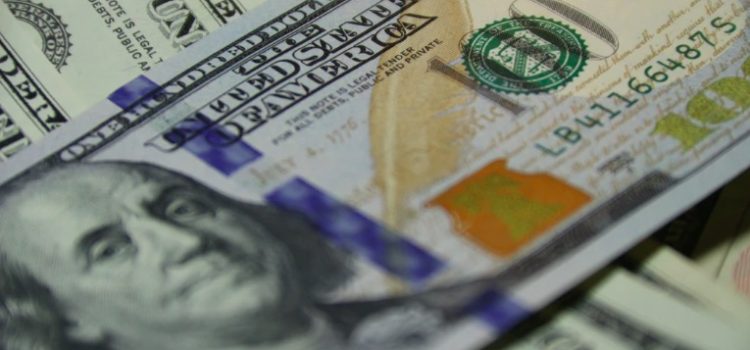
A dollar bill is just a piece of paper. Why is a piece of paper with Alexander Hamilton’s or Benjamin Franklin’s face on it worth more than the paper of books filled with words? In other words, why does money have value? How does money get its value? Money has value because we all believe it’s valuable. We trust other people value it, and trust is the foundation of our economic system. We’ll cover the varying values of ancient currencies, the role of mutual trust, and the difference between inherent and noninherent value in money.

What is the anchoring effect? How do we use it in everyday decision making? The anchoring effect is a cognitive bias where you depend too heavily on an initial piece of information when making decisions. This can lead to bad judgments and allows you to be biased by information that’s often irrelevant to the decision at hand. Learn how the anchoring effect in psychology works, why it can lead to bias, and how to overcome the anchoring effect.
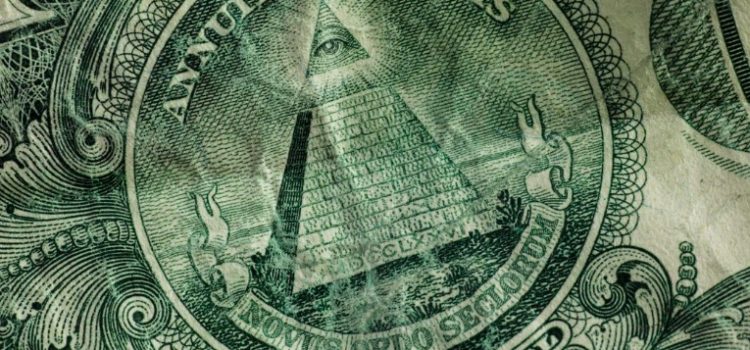
What is the history of capitalism? How did it originate? How is it tied to science and imperialism? What are some of its problems? We’ll cover the history of capitalism, from the invention of credit to the codependency of science and capitalism.